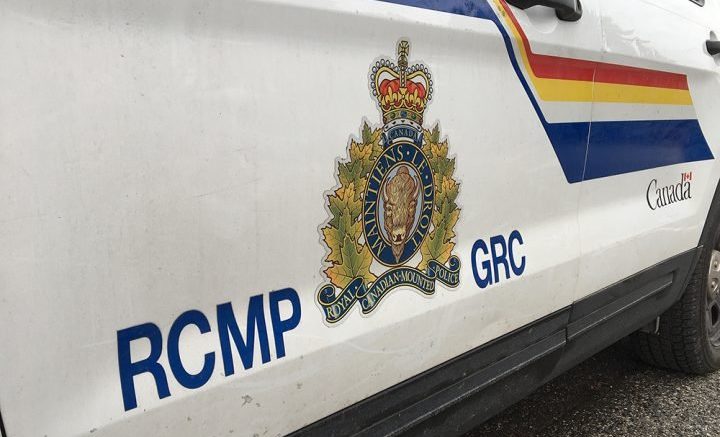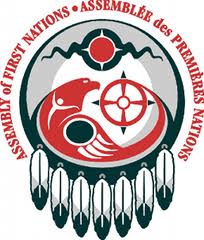By Rob Houle, Local Journalism Initiative Reporter
(ANNews) – On October 29, 2021, the Minister of Justice, Kaycee Madu, unveiled the results of a government commissioned report outlining the process and cost of replacing the Royal Canadian Mounted Police (RCMP) in Alberta. The report proposes that policing much of the rural areas of the province, smaller municipalities and Indigenous communities will carry the cost of between $735 to $759 million. These costs are significantly higher than the current costs of $672 million per year, and more than double what the province currently contributes.
When analyzing the data collected, provincial contributions at present total $317 million, with the remainder of the budget arriving from municipal and federal governments. There also exist a number of assumptions in the report, which are addressed in a disclaimer at the end of the report, so the actual costs for transitioning out the RCMP remain to be seen. Upon release of the report, Minister Madu was questioned on where the province would attain the over $200 million shortfall with little reply.
This report and politicking stem from the 2020 Fair Deal Panel report which was promised by the United Conservative Party (UCP) during the 2019 campaign. Fuelled by the misnomer of Western Alienation, the Fair Deal Panel and its members held limited engagements in the Winter months of 2019/20 to craft their 25 recommendations. Many of the recommendations focused on expressing Albertan sentiments in Ottawa and pushing for provincial independence. These discussions and movements have also been reflected in the recent referendum on equalization payments.
Curiously, much like the referendum on equalization, First Nations in the province seem to have been excluded from this analysis on policing. Although the panel recognizes that 22 Indigenous communities could be impacted by these proposed changes as they currently have tripartite cost sharing agreements, their voices are noticeably absent in the report. Following further reading, it appears as though the writers, Pricewaterhousecoopers (PWC), seem to have only engaged in discussions with the Confederacy of Treaty No. 6 First Nations, Metis Nation of Alberta (MNA) and the Metis Settlements General Council (MSGC).
Excluded from these engagements were the majority of First Nations in the province. With Treaty No. 8 territory containing 25 First Nations and spanning the entirety of Northern Alberta, their voice should have been a vital part of this report. Also absent from the acknowledgement section of the report are the Treaty 7 First Nations of Siksika, Piikani and the Stoney Nakoda Nation. Chiefs have been vocal on their exclusions, and have serious concerns with the proposal.
Some leaders have even called for a First Nations police force to patrol the North of the province instead. However, with the role of police being under a microscope since the tragic killing of George Floyd in 2020, one must consider whether creating new police forces is truly a step in the right direction, and perhaps we should be considering abolition. First Nations officers and leaders enforcing colonial laws within our own territories may be viewed as another step towards assimilation.
In any event, it appears as though this push for provincial independence from Ottawa will come at the cost of hundreds of millions of dollars to Albertans. Although leaders have stated taxes will not increase, and there may be alternative models available, it should be deeply concerning to First Nations people and Albertans that another project, that no one requested, will result in a lower standard of living in Alberta without improving service to Indigenous people or making the community safer as a whole.






First Nations must own and operate prisons to impact First Nations people in the justice system, RCMP do a world class job of policing.